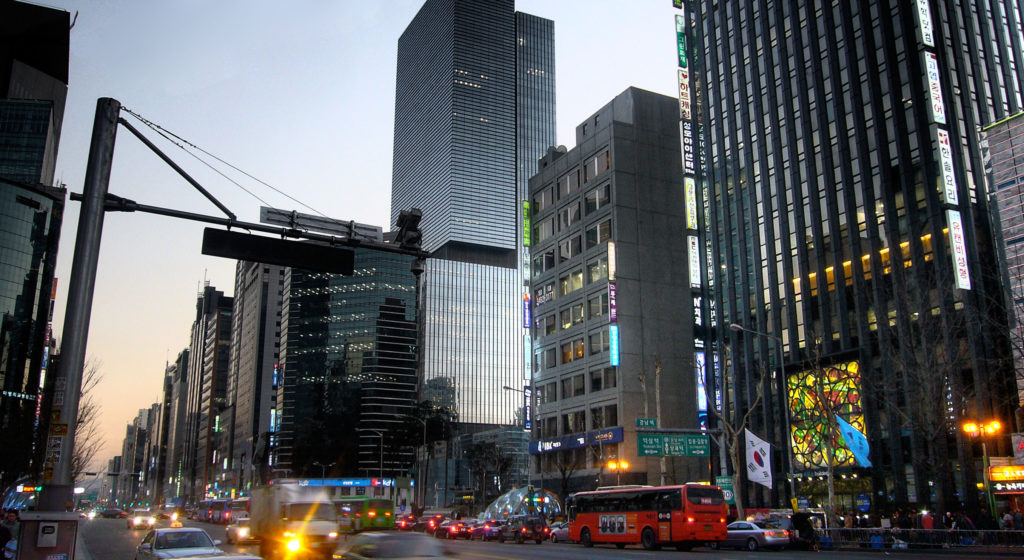The Peninsula
Changes in South Korea’s Workplace Culture

This briefing comes from Korea View, a weekly newsletter published by the Korea Economic Institute. Korea View aims to cover developments that reveal trends on the Korean Peninsula but receive little attention in the United States. If you would like to sign up, please find the online form here.
What Happened
- 97% of respondents in a survey noted that they experienced ‘gapjil’ (a Korean term meaning abusive behavior by those in positions of power) in the workplace.
- Last year, South Korea implemented the 52-hour workweek system.
- In addition, a new anti-harassment law went into effect on July 16, 2019.
Implications: Recent efforts by the South Korean government to improve working conditions are showing signs of success. Following amendments to the Labor Standards Act, the Industrial Accident Compensation Insurance Act, and the Occupational Safety and Health Act, a nongovernmental organization called Gapjil 119 published a report that showed a considerable increase (2.8 times higher) in workplace harassment reporting. This may suggest that the new laws are encouraging workers voice their rights. One survey showed that 64.5 percent of respondents said they could reject attending “hoesik,” and other after-work hour staff gatherings, which used to be considered mandatory. Along with other government policies such as the 52-hour workweek system, these new laws are setting the ground for improvements in South Korea’s workplace culture.
Context: There is still a lot of space for improvement. Only 40% of Korean workers think harassment at work has decreased since the introduction of the new laws. Furthermore, large and middle/small enterprises are regulated differently. It is also not clear how familiar workers are with their rights. Gapjil 119 also pointed out several limitations of current law, including the lack of enforcement measures, vague terminology, not being applied to companies with less than five employees, etc.
Korea View was edited by Yong Kwon with the help of Soojin Hwang, Hyoshin Kim, and Rachel Kirsch.
From user Joop on flickr
